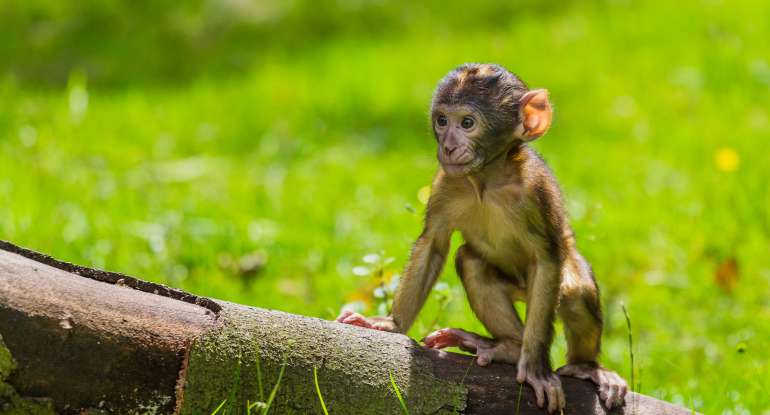By: Tyler O’Neil – pjmedia.com – January 31, 2018
News broke last week that Chinese scientists have successfully cloned two monkeys, breaking what is known as the “primate barrier.” With the healthy birth of two Macaque monkeys, scientists have achieved the reproductive cloning of primates, the mammal order that includes monkeys, apes, and humans. This represents a significant step toward the reproductive cloning of humans.
While scientists claim they do not intend to push toward cloning humans, a Christian Ph.D. biologist warned that cultural trends suggest otherwise. Abortion and euthanasia suggest the value of human life has decreased in the West, even as that moral precept is much weaker in China.
“I connect it to the issues of euthanasia and abortion because it all boils down to what value we place on human life,” Ann Gauger, a senior research scientist at the Biologic Institute who earned her Ph.D. in biology at the University of Washington and did post-doctorate work at Harvard, told PJ Media.
“It’s a question of how you view human life. If you view it as starting from conception to natural death, then for cloning it involves the creation of a new human being, although by artificial means,” Gauger explained.
The kind of cloning discussed here involves introducing a somatic cell nucleus into the egg, which then develops into an embryo. The Chinese study itself seemed rather wasteful and problematic. Out of 127 eggs injected with somatic cell nuclei, 79 were transferred into surrogate mothers, leading to six pregnancies, and two live births. Another part of the experiment involved 290 eggs, resulting in 22 pregnancies, 2 live births, and no surviving monkeys.
In the case of humans, each embryo is genetically an individual, with the potential to grow into an adult human being. After an embryo is created, it can be implanted in a womb for birth — “reproductive cloning” — or it can be harvested for stem cells and medical research — “therapeutic cloning.”
Gauger called both kinds of cloning “problematic.”
“At least from my point of view and the Catholic church and others, the creation of human life from the beginning is human and it should be treated as such, not used for spare body parts or the creation of organs for other people or for healing of diseases,” the biologist said. She explained that in general the culture accepts the value of therapeutic cloning but rejects reproductive cloning.
Most of the cultural scares involve reproductive cloning used for therapeutic goals: films like “The Island” (2005) present a dystopia in which clones are bred in order to harvest organs and keep the original humans alive.
These fictional presentations seem rather far-fetched, but Gauger suggested the modern world is already struggling with these kind of deep moral problems, and the response does not provide grounds for hope when cloning becomes a more immediate issue.
To see more of this article, click read more.
 Listen Online
Listen Online Watch Online
Watch Online Find a Station in Your Area
Find a Station in Your Area








 Listen Now
Listen Now Watch Online
Watch Online
